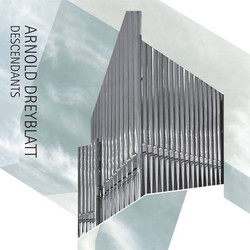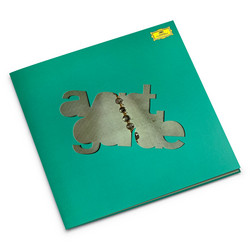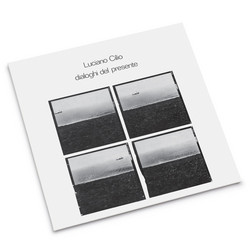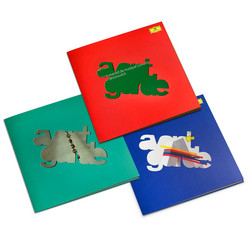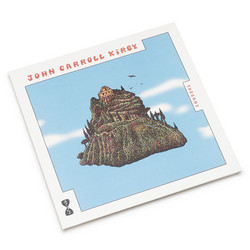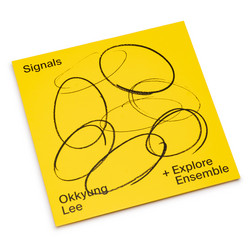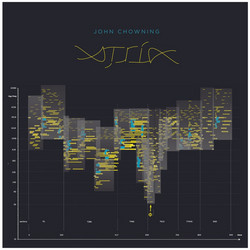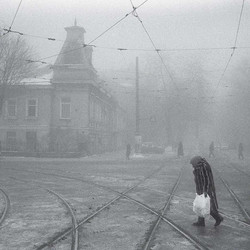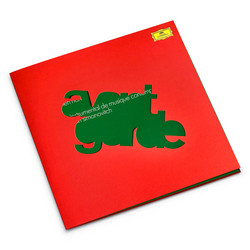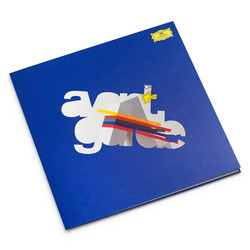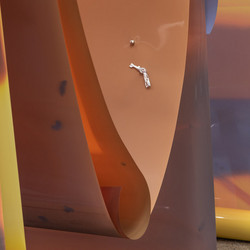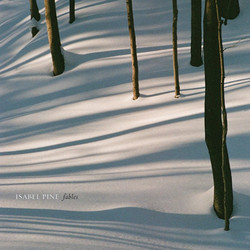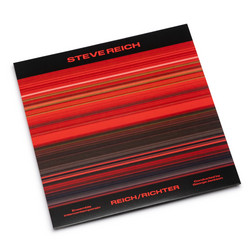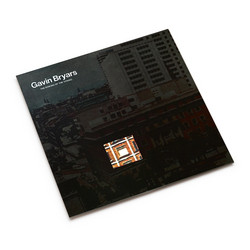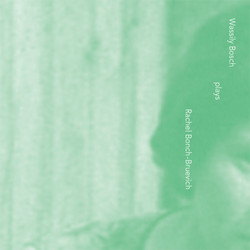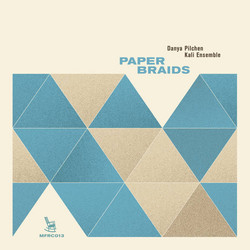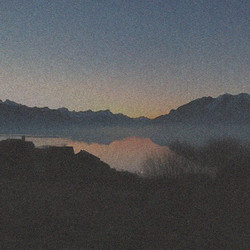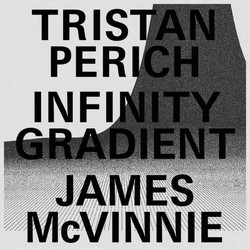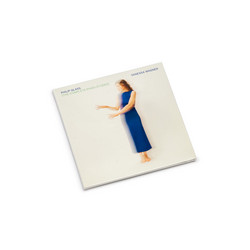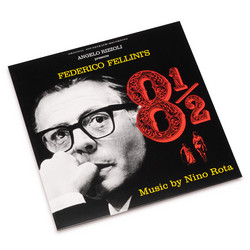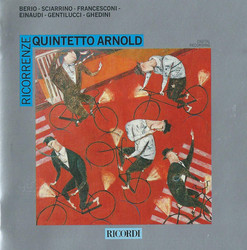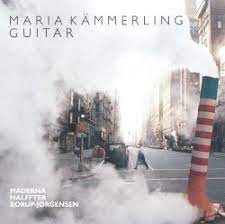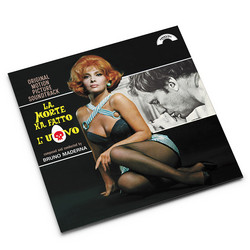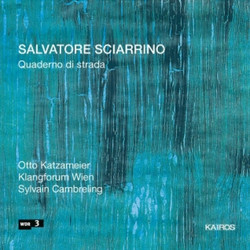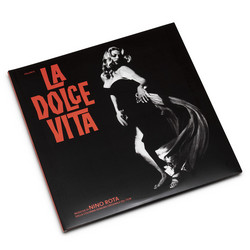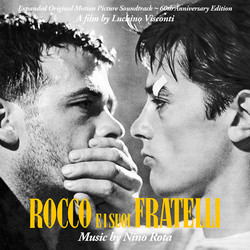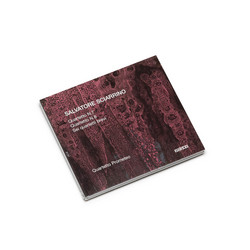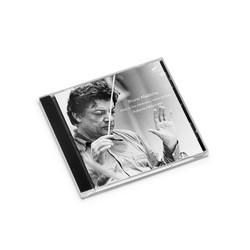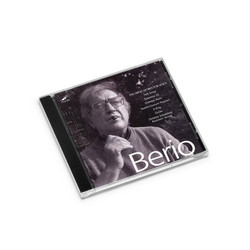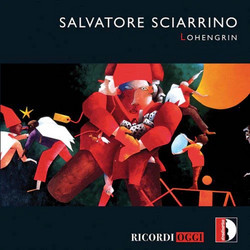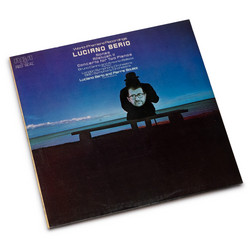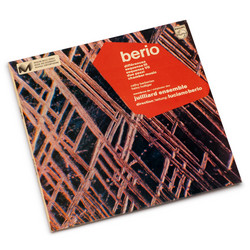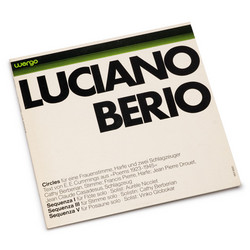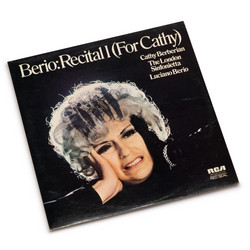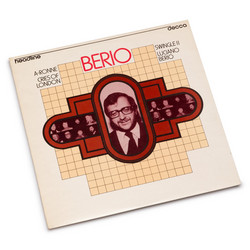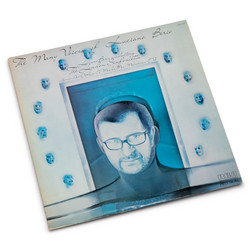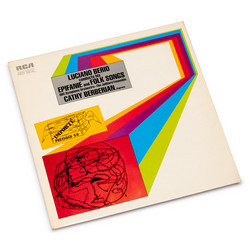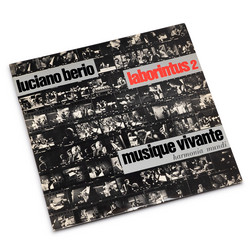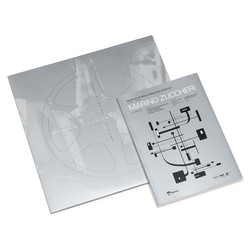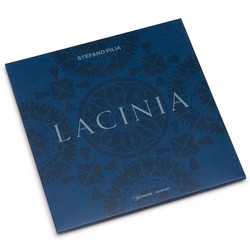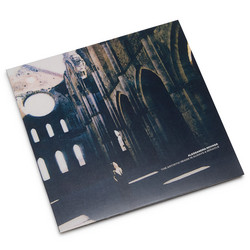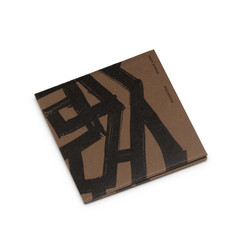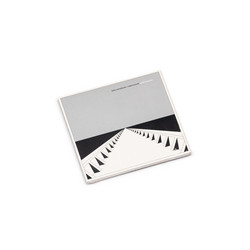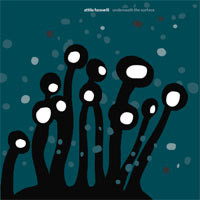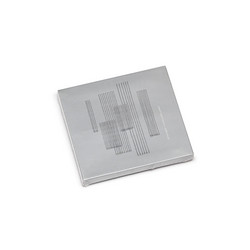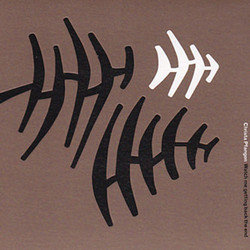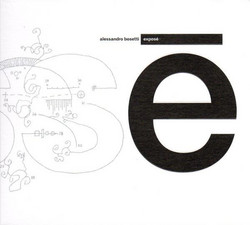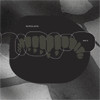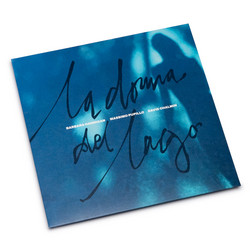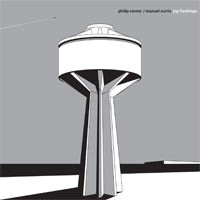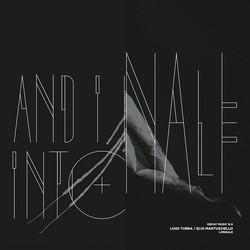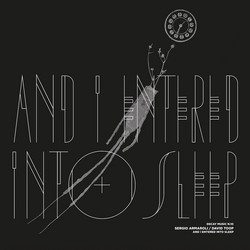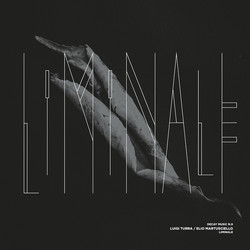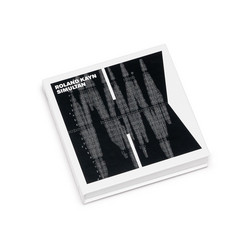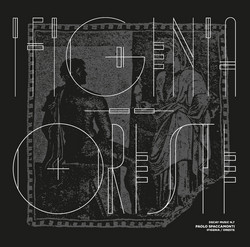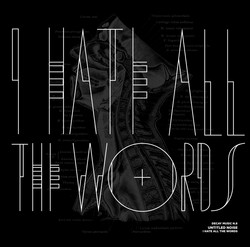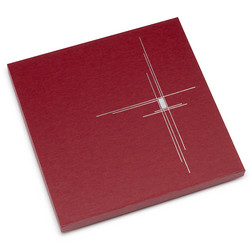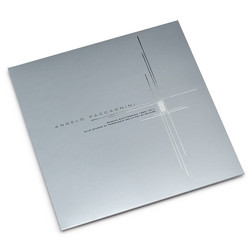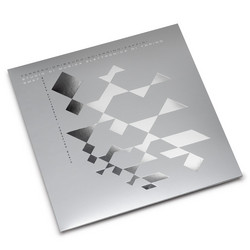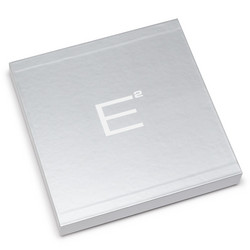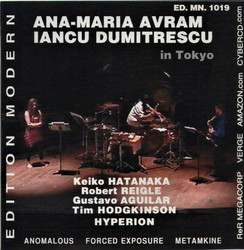Luciano Berio, Bruno Maderna, Salvatore Sciarrino, Nino Rota
Prix Italia: L'Immaginazione In Ascolto - Imagination At Play
Finally restocked! After five years of intense, passionate and sometimes painful work Die Schachtel (in collaboration with RAI) is proud to announce the release of the long-awaited massive Book (Edited by Angela Ida de Benedictis and Maddalena Novati) with 6CDs boxed edition dedicated to some of the most compelling Italian radio works which took part in the prestigious Prix Italia, a world-famous contest established by the RAI (the National Italian broadcasting company) in the early Sixties and still well alive today, aimed to award the best and most uncompromising audio-visual produced throughout the world.
Imagination at play. The Prix Italia and Radiophonic Experimentation presents seven original radio plays – some of them previously unreleased – which entered the competition from 1961 to 1981, complete with two audio interviews to some of the participants. The works have been taken from the original RAI tapes, carefully restored and impeccably re-mastered by Giuseppe Ielasi, making them a splendid listening experience.
The accompanying 400 pages book (in Italian and English) features seven essays written by some of the most prominent experts in this field, plus a long interview to Mr. Sermonti and the complete transcriptions (again in Italian and English) of all the featured works.
Curated with passion and a painstaking attention to detail by Angela Ida De Benedictis and Maddalena Novati (authors of the celebrated New Music at the Radio and Nine Oscillators books, both devoted to the Rai Studio di Fonologia), the enclosed book take advantage of the impeccable English translation by Mr.Mark Weir and the fascinating (yet reader-respectful) design by Dinamomilano, making it an essential reading to understand in depth the musical and semiological aspects of these outstanding works, composed and realized by some of the greatest geniuses of modern Italian music.
The selection of works includes:
Bruno Maderna – Don Perlimplin (participant, 1961) - Original edition.
This mesmerising radio work for chamber ensemble and actors is based on Federico Garcia Lorca's ballata amorosa "Amor de Don Perlimplin con Belisa en su jardin" (1926) which tells the story of "a shy and gentle man who lived ... happily in the midst of his books" who, convinced to get married by his governess Marcolfa, weds Belisa who has agreed only to please her mother. The story unfolds till the tragic end.
Perlimplin's "voice" is a flute which answers in place of words. Marcolta's lines are spoken by an actress. Belisa sings in the distance in deep reverberation and also speaks in natural voice. The Mother-in-Law's"words" are played by a saxophone quintet backed by a jazz group with vibes, drum set, etc., and wordless scat singer, a combination which contrasts wonderfully with Maderna's light serial style. There are also atmospheric intermezzi with combined taped electronic music and live acoustic instruments.
Bruno Maderna – Ritratto di Erasmo (Portrait of Erasmus) (commission, 1969) - Original edition, previously unreleased.
A compelling “documentary” dedicated to the great Erasmus of Rotterdam, written and composed by Maderna himself.
In the long final part of the work, electro-acoustic music is used to create hellish, outwordly atmospheres that give a sense of indefinite, of obscurity and tension, through the use of sounds and treatments which our ear perceive as known but can not recognize. The electronic studio is also used to elaborate demons’ voices by distortion and by variating the speed of reading of the tape, to underline the contraposition between the idea of a man without freedom, outlined in Calvino’s oration, and the absolute freedom of demons which symbolizes the humanistic idea that gives up determinism to devote herself to the freedom of research.
Bruno Maderna – Ages (winner, 1972) - Original edition
An invention for radio from As you like it by William Shakespeare. Text adaptation and direction by Giorgio Pressburger
Maderna reached a very high peak in his last year of life with theperfect poetic/musical integration of Ages, a “radiophonic invention” based on the famous speech of Jaques in “As You Like It” by William Shakespeare. This is an absolute masterpiece, where once again Maderna’s genius and unique grasp on electroacoustic and electronic music makes for a compelling listening experience, still contemporary forty years after its composition.
Luciano Berio - Diario immaginario (Imaginary diary) (winner, 1975); Original work, previously unreleased
Radio Opera with music based on Le Malade imaginaire by Molière
From Luciano Berio’s original note: “The scene of Imaginary Diary is the mind of the actor who has often played the part of the protagonist in Molière's The imaginary Invalid. As in a dream, the actor often remembers fragments of questions, answers, meditations, comments, and «intermezzi», in a kind of interior monologue, or rather of interior self-commiseration. The actor has no interlocutors: he is alone with a double-bass continuo, which follows him like a shadow. The music is that which comes into his mind, progressively, as if he were imagining it. What he himself would choose if he were the director, to accompany the story he has so often interpreted. A music which, in fact, commiserates him, comments on him, and every now and then sings his praises. A music which makes him cry and laugh in an apparently incoherent fashion (especially in the Intermezzo, where the chief actor and Punchinello tend to be identified), which he has absorbed here and there in films, on the radio, at concerts and at the opera. Imaginary Diary, therefore, is not so much an analysis of the Molière character as the chronicle of the thoughts of an actor who irreparably bears with him, shadow-like, that gigantic character.”
Nino Rota – La notte di un Nevrastenico (A Neurasthenic’s night) (winner, 1959); Original work
La notte di un nevrastenico a lyric Opera by Nino Rota originally composed in 1950.
A bittersweet comedy whose main character is a neurotic guest who has taken an entire floor in a city hotel in order to be able to sleep in solitude. He suffers of insomnia, and his attempts to sleep are disturbed by a number of other characters, from the sly hotel personnel to the occasional and furtive lovers in the adjacent room.
Niccolò Castiglioni - Attraverso lo specchio (Through the looking-glass) (winner, 1961); Original work, previously unreleased
Niccolò Castiglioni was an Italian composer who began his career writing Neo-Classical music, moved to the 12-tone technique, then created an unusual mixture of avant-garde techniques (emplying electronic music as well) and late-Romantic expression. He began his professional musical career as a pianist. His compositional status became established when he won the Italia Prize for his radio opera Attraverso lo specchio, inspired by Lewis Carroll, a fascinating and dreamlike journey through electronic music and spoken words, that takes the listener to a magic, almost psychedelic dimension.
Salvatore Sciarrino – La voce dell’Inferno (The voice of hell) (participant, 1981); Original work, previously unreleased
Based on Dante’s Inferno, this incredible work is a mind-blowing sound journey into the souls of the damned (and clearly a methaphor of the modern men’s life conditions). The cutting edge production and the electronic treatment of the spoken word definitely make this work one of the masterpieces of sound poetry, beside being one of the best example of radiophonic art ever produced.

In conclusion, PRIX ITALIA offers a significant overview of the best radiophonic art realized by the RAI in the second half of the Twentieth Century, and at the same time stands as an hommage to the Milan RAI Studio di Fonologia, the electronic laboratory where all the featured works were originally realized.
Edited by Angela Ida de Benedictis and Maddalena Novati. Deluxe box edition, 400 pp English/Italian book + 6CDs
